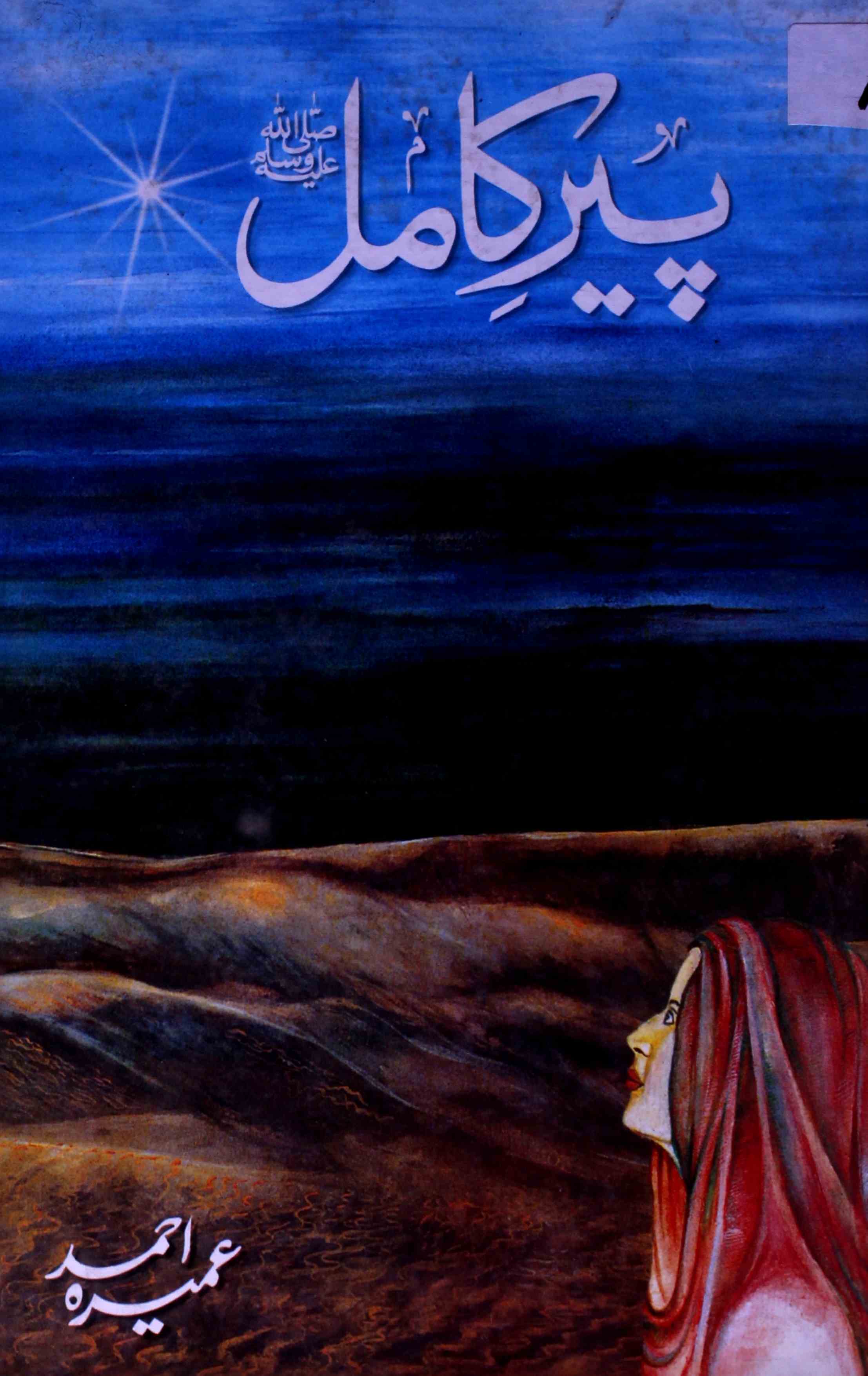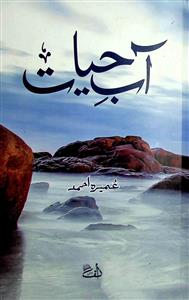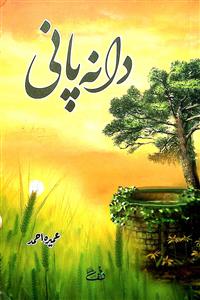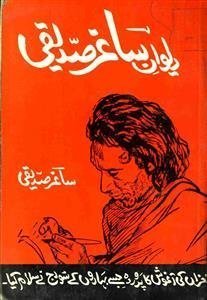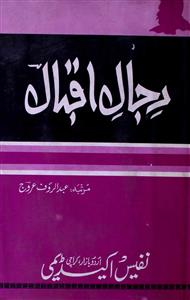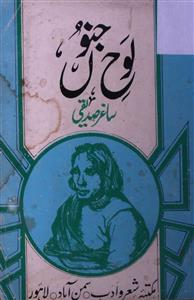 For any query/comment related to this ebook, please contact us at haidar.ali@rekhta.org
For any query/comment related to this ebook, please contact us at haidar.ali@rekhta.org
About The Author
Umera Ahmed is one of Pakistan’s leading Urdu novelists, short story writers, and screenwriters, who has carved a unique and soulful niche in Urdu literature through her powerful storytelling, spiritual themes, and deep social insight. Her works reflect the emotions of the younger generation, their inner spiritual struggles, class divides, and the complexities of modern society.
Born in Sialkot, Pakistan, Umera holds a Master’s degree in English Literature and has also been associated with the field of education. Her literary journey began with short stories, but it was through novels and television scripts that she rose to widespread fame. Her style is simple, impactful, and seems to speak directly to the reader’s heart.
Among her most celebrated novels are "Peer-e-Kamil (The Perfect Mentor)", "Aab-e-Hayat (The Water of Life)", "La Hasil (The Unattainable)", "Amar Bail", "Man-o-Salwa", "Mere Khwab Mere Jugnu", and "Zaalim Zaar". Her writings explore themes such as religion and worldly life, spirituality and realism, love and sacrifice, doubt and faith — all with great sensitivity and depth.
What sets Umera Ahmed apart is her ability not just to narrate a story, but to take the reader on a thoughtful, moral, and spiritual journey. Her works carry an element of reform and leave a lasting emotional impact. Several of her novels have been adapted into successful television dramas, including "Mere Paas Tum Ho", "Shehr-e-Zaat", "Durr-e-Shehwar", and "Zebaish".
Umera Ahmed holds a distinctive place in Urdu literature, having brought the novel to both popular and intellectual prominence. She is among the few authors who have breathed new life, language, and direction into contemporary Urdu fiction.
 For any query/comment related to this ebook, please contact us at haidar.ali@rekhta.org
For any query/comment related to this ebook, please contact us at haidar.ali@rekhta.org
